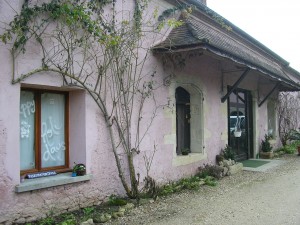
If you had told the sixteen-year old version of myself that I would chose to spend New Year’s Eve sitting in silence with nuns, I would have asked what you were smoking. The nuns I had encountered in twelve years of Catholic school were mostly a joyless, frumpy bunch, who seemed more concerned about perfect penmanship than celebrating the kingdom of god. But the nuns at Plum Village, Thich Nhat Hanh’s monastary in the Bordeaux region of France, while still frumpy (let’s face it: brown robes will never be the season’s hot new look), were inspiring beacons of mindfulness, and they were exactly who I chose to spend the week after Christmas with.
People had come from as far as Japan for the winter retreat. We fell into the monastic rhythm of rising at 5 to sit for mediation at 5.30, eating meals in silence, practicing walking meditation, and observing noble silence in the evening after the last activity. Well, except for the night some fellow English-speakers and I completely forgot and were gabbing in the tea room well into the nine o’clock hour.
Thich Nhat Hanh is a buddhist monk who was exiled from Vietnam, his homeland, due to his peace efforts during the Vietnam War. Author of over twenty books, he is an ambassador of peace and compassion. I was lucky enough to sit for two of his dharma talks while at Plum Village. In a quiet, gentle voice, he spoke of just as how a lotus grows from mud, not marble, we can transform our suffering into compassion.
The highlight of the week was when all two hundred monks and nuns stood before the laypeople and chanted Namo Avolokitesvara, accompanied by guitar and violin. Avolokitesvara is the bodhisattva who represents compassion. Thich Nhat Hanh explained that the first time they chant the line, they touch their own suffering, the second time they touch the suffering of those around them, and the third time they touch the suffering of the whole world. So powerful was this chant that I was moved to tears. It has the simple melody and cadence of a lullaby, and it felt as if each person singing was offering me as much love as a mother offers her child. The compassion in the room was palpable, strong, overwhelming. When they finished there was not a dry eye in the room. You can hear the chant here.
As part of the New Year’s Eve ceremony, we wrote our resolutions on scraps of paper and tossed them into a bonfire. We practiced walking mediation on our way to the fire, and when people began to burn the resolutions, the crowd spontaneously began chanting Namo Avolokitesvara.
The week was not all rainbows and unicorns. Though there was an actual arc en ciel:
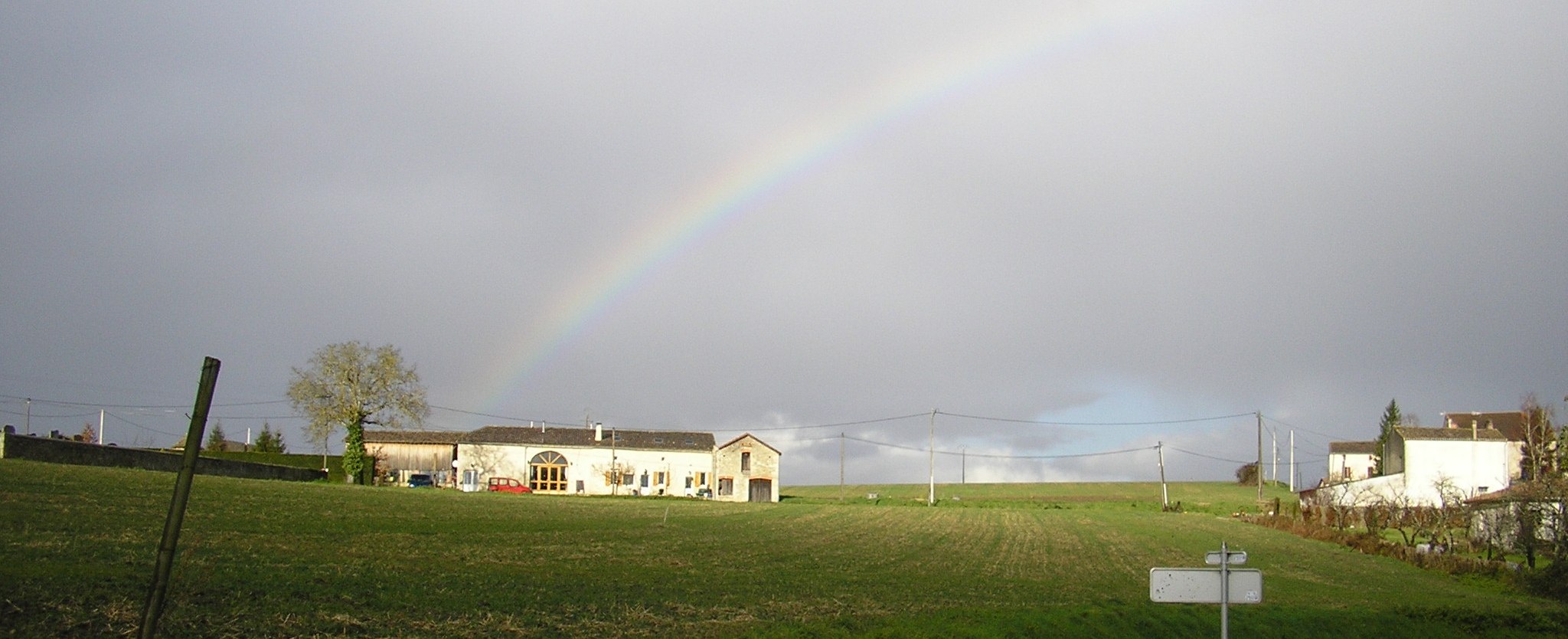
Before coming to Plum Village, I was under the belief that only my children “made” me angry. But several times during the week I felt irritation rising in me. When I observed Mindful Eating Woman, who lifted her fork at such a glacial pace and chewed with such deliberation, my reaction was “quit faking it”, perhaps because I myself find it difficult to eat so slowly. The formal lunch, in which over 400 people served themselves food in the dining hall, then made their way to the meditation hall, and then waited until every single person was seated to begin eating together, was an excruciating exercise in patience. After salivating over my food for 45 minutes, my inner commentary was far from mindful: “Screw this. Now it’s cold. Why even bother. What is this proving? I can’t wait till I get to Paris and I can eat whatever I want whenever I want. And why isn’t anybody else pissed off?”
I relish these challenges just as much as the sweet moments, because they made me see how deeply I am attached to eating. There is a part of all of us that is concerned only with survival, constantly monitoring things to make sure we are safe and not in danger of starving It is not pretty, yet it is what kept our ancestors alive, and it still lives in us. This retreat reminded me that I need to honor this part of myself, but not let it run the show.
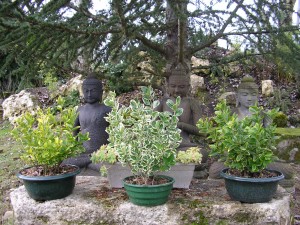
One of the loveliest things about Plum Village was seeing how the community that the monastics have created brings out the best in people. We were mostly strangers, thrown together in dorms, about 25 women in my house sharing three sinks and two toilets. We spoke a mix of languages. Yet I did not witness a single incident of rudeness or incivility. When you are surrounded by those who are patient, you become patient. When you are surrounded by those who are mindful, you become more mindful. Now I am home, and I hope that the seeds planted in Plum Village will take root in me, and that just as the nuns inspired me to be more peaceful and mindful, I will do the same here in Philadelphia.


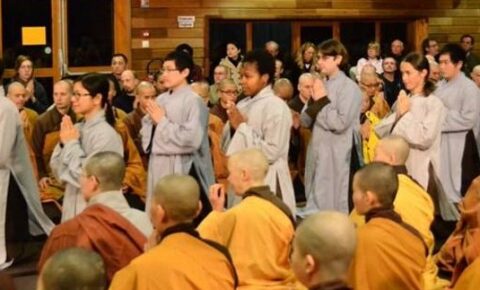
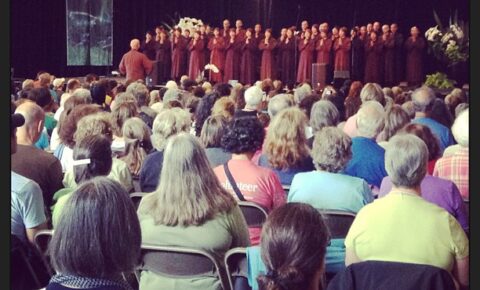
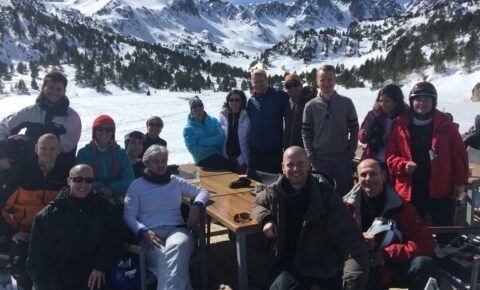
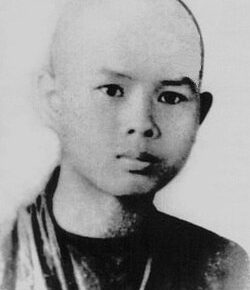
Share Your Reflections